Canada votes today. Here's what to watch when results roll in
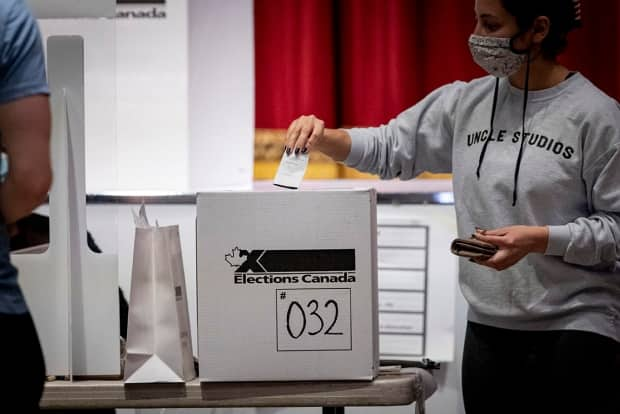
Millions of Canadians will vote today, casting their ballot to help decide which party will form the next government.
The CBC's Poll Tracker shows a statistical tie between the Liberals and Conservatives in the popular vote, but today is when that political cliché becomes the truth — the only poll that matters is the one on election night.
Here are a few things to watch when results start to come in.
Delayed full results
The first thing is how long it actually takes for enough votes to be counted to get a sense of the result.
The majority of anticipated votes in this election will be counted as they always are, by hand after polls close. Votes cast in advance polls will also be counted at this time, although returning offices can start that process an hour before polls close at the discretion of the returning officer.

Special ballots from Canadians outside of their ridings (including outside the country, such as members of the Armed Forces deployed overseas) are already being counted.
What's different about this election is that hundreds of thousands of Canadians are mailing ballots from within their ridings, and those ballots are subject to additional verification processes. So, Elections Canada won't be counting them until Tuesday.
If the election is as close as it seems, Canadians may not know the full results until Tuesday at the earliest.
Voter turnout in a pandemic
As of Sunday, 1,262,617 special ballot kits had been issued by Elections Canada, and 923,832 had been returned.
The high number of Canadians voting by mail from their own ridings is one sign of how the COVID-19 pandemic has changed this election.
But it's unclear right now how much it will affect turnout on election day itself. In-person voting at advance polls was actually substantially higher than in 2019, with approximately 5,780,000 votes cast from Sept. 10-13, Elections Canada estimates.
Whether the roughly 18.5 per cent increase over 2019 is because Canadians were trying to avoid crowds on election day, or because of the long-standing trend in increased advance turnout, or some other reason related to the pandemic is unclear.
And beyond the effects of the pandemic, it's always worth watching how many Canadians make the time to take part in the democratic process.
Ministers losing their seats
Several Liberal cabinet ministers are at risk of losing their seats in tight races across the country.
Atlantic Canada seems unlikely to boot any of the cabinet ministers representing provinces there, so the first seats Canadians should watch for are probably in Quebec and Ontario.
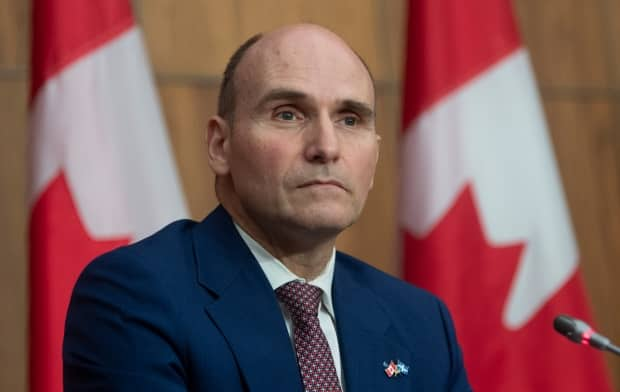
In Quebec, Treasury Board President Jean-Yves Duclos won the Quebec City riding of Québec by less than one per cent last time and will be looking to defend against another push from the Bloc Québécois. Then there's National Revenue Minister Diane Lebouthillier in Gaspésie–Les Îles-de-la-Madeleine, who is likely to also face a strong Bloc challenge today.
In Ontario, Maryam Monsef has been targeted by the Conservatives in her bellwether riding of Peterborough–Kawartha. And in the Greater Toronto Area, seniors minister Deb Schulte is fighting a Conservative challenger in King–Vaughan.
The PPC effect
The People's Party of Canada, which received just 1.62 per cent of the vote in 2019, is now polling at almost 7 per cent, according to the Poll Tracker.
It's not clear if Maxime Bernier's party will have enough concentrated support to win a seat, including his own former riding of Beauce, Que., but his party could play spoiler for the Conservatives. If the PPC receives even a few percentage points of support that might otherwise have gone to the Conservatives, it could result in splits that deny the Tories key swing ridings.
Bernier has pushed a message that is against mandatory vaccinations and vaccine passports, as well as anti-lockdown.
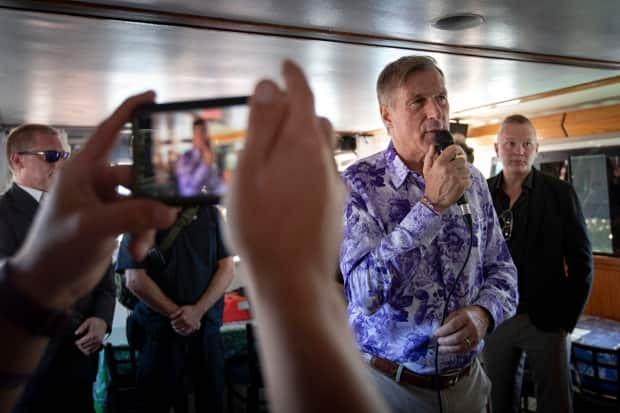
A fading Green party?
Wracked by internal fighting ahead of the election, the Greens are running only 252 candidates in Canada's 338 ridings.
Leader Annamie Paul has left Toronto Centre, the riding she is contesting, only a few times in the 36-day campaign. After Jenica Atwin crossed the floor to the Liberals in June, the Greens are down to two MPs — Paul Manly in Nanaimo–Ladysmith and former leader Elizabeth May in Saanich–Gulf Islands.
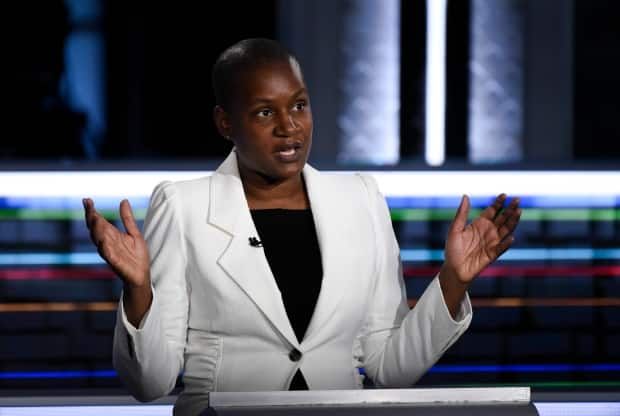
Despite a debate performance that was positively received by many, the Greens are polling the worst of any major federal party, so a key thing to watch is where all those votes will go, particularly in key ridings in British Columbia.
Key regional outcomes
In 2019, the story coming out of the election was one of alienation in Western Canada. The Liberals did not win a seat between Winnipeg and the B.C. border with Alberta.
Today, polls suggest Conservative support in the region is softer, and the NDP and Liberals may be able to breach the blue wall in some major downtown cores, such as Calgary and Edmonton.
Just a few seats in those cities could be crucial in determining the outcome of the election.
The same thing can be said about the country's biggest city and environs. While only a few seats appear to be in play in Toronto proper, its suburbs are swingy and have been targeted by the Liberal and Conservative campaigns.
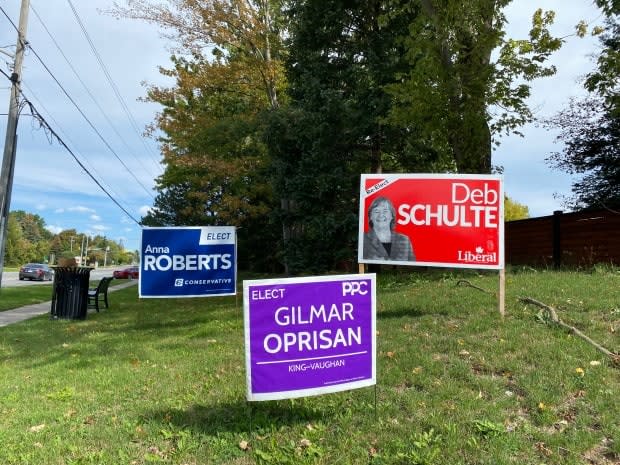
The Conservatives are looking to take away some seats in that ring of ridings, often called the 905, to stoke their chances of forming a government. Conversely, the Liberals must protect the 905 to keep their hopes afloat.
Finally, a complex set of vote splits and shifts could play out in Quebec, where many ridings have three or even four strong contenders, leading to incredibly unpredictable races with tight margins. The Bloc is looking to hold and even build on its 2019 resurgence, while the Liberals need Quebec seats. The Conservatives are eyeing a few pickups, while the NDP hopes to retain Alexandre Boulerice's lone orange riding and, ideally, sneak a couple more victories.
The impact of a question in the English leaders debate earlier this month — and subsequent accusations of "Quebec bashing" have further added to the volatility in the race and buoyed what had previously been a flagging Bloc campaign.
Resignations
There's a lot at stake for all of the leaders in this election. And if things go badly, it's possible Canadians will see one or more of the party heads bow out following the results.
Election night resignations are a common occurrence in Canadian politics on both the provincial and national levels.
Stephen Harper resigned on election night in 2015, as did Paul Martin in 2006. Michael Ignatieff waited a day to announce his resignation as party leader in 2011.

